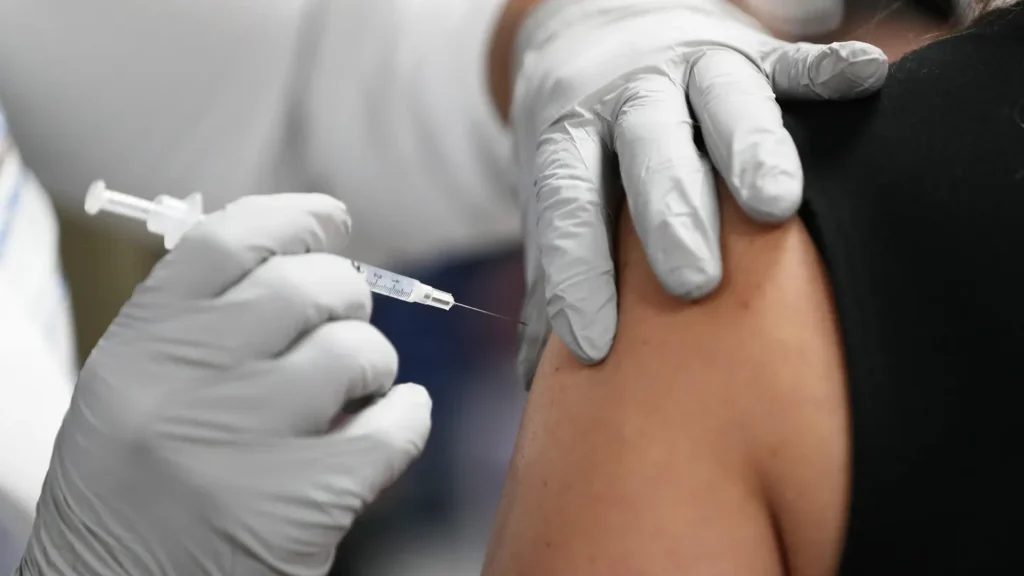Feb 19, 2024,05:26pm EST
Study Reveals Covid Vaccines Linked to Rare Heart and Brain Disorders, But Infection Risks Far Greater
A recent peer-reviewed study has highlighted rare occurrences of heart, brain, and blood disorders associated with Covid vaccines from Pfizer, Moderna, and AstraZeneca. However, experts emphasize that the benefits of vaccination outweigh the risks posed by Covid-19 infection.
Key Points:
-
Researchers from the Global Vaccine Data Network examined 13 medical conditions considered “adverse events of special interest” in a study population of 99 million vaccinated individuals across eight countries, making it the largest Covid vaccine study to date.
-
Instances of myocarditis (heart inflammation) were identified following doses of Pfizer-BioNTech and Moderna’s mRNA vaccines, with the highest rate observed after the second Moderna dose.
-
Pericarditis, another heart condition, showed increased risk in those who received a third dose of AstraZeneca’s viral-vector vaccine and specific doses of Moderna’s vaccine.
-
The study also revealed higher risks of developing Guillain-Barre syndrome, blood clots, and neurological disorders after vaccination with AstraZeneca and Moderna’s vaccines.
Important Figures:
- Over 13.5 billion Covid vaccines have been administered worldwide, with around 71% of the global population receiving at least one dose.
Expert Insight:
Jacob Glanville, CEO of biotechnology company Centivaix, underscores the significantly higher risks associated with Covid-19 infection compared to vaccination, emphasizing vaccination as the safer choice.
Background:
While Covid vaccines aim to prevent severe infection, studies indicate their effectiveness in reducing severe illnesses and hospitalizations. The risk of adverse events post-Covid infection is notably higher than after vaccination.
Tangent:
The emergence of the Covid variant JN.1 caused a surge in cases during the fall and winter, leading to concerns about a tripledemic. However, Covid cases and deaths are declining, indicating a potential end to the tripledemic. Vaccine makers ensured protection against the JN.1 variant with updated monovalent Covid boosters targeting XBB variants.

